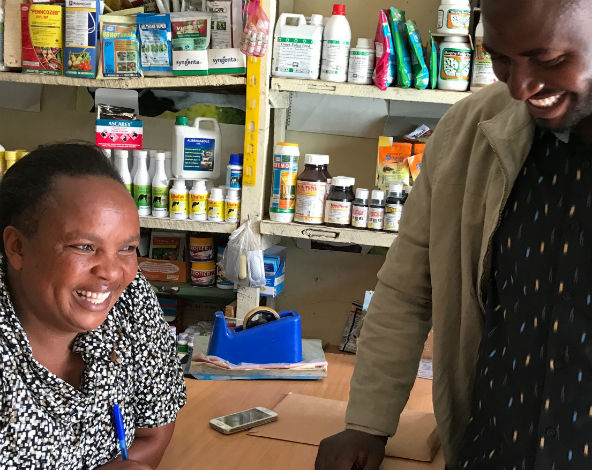In Defense of “Doing Too Much”

Seth Silverman Principal and Director of Africa Operations at Factor[e] Ventures recently wrote the following excerpt and the full-length article titled In Defense of “Doing Too Much” first appearing in the Stanford Social Innovation Review:

“The story goes like this: An impact investor considers a new social venture’s grand vision and feels moved. The entrepreneur persuades the investor that the company is worthwhile, highlighting the novelty of its approach: new technology and a new method rooted in meeting customers where they are. The venture has demonstrated strong traction and tapped into substantial demand with notable efficiency. Meanwhile, competition is thin on the ground, and the size of the market is practically limitless.
The investor is clearly impressed, excited even. But then comes the common refrain: “You’re doing too much.” In other words, your undertaking is too ambitious. Your business can’t take on everything that’s missing, everything that stands between your customer and success.
As both a seed-stage impact investor in frontier markets with Factor[e] Ventures and a co-founder of smallholder agriculture start-up Apollo Agriculture, I hear this all the time. It’s an alluring response. It sounds prudent, sober, wise. But it is flawed, and the setting for a recent meeting I had of exactly this type—a posh coffee shop in Nairobi—largely reveals why. The investor’s perception was riding on a popular, though partial, understanding of the tech economy and lacked context for smallholder agricultural systems. Though we were not in Silicon Valley, where the progenitors of digital social networks have recently discovered the farm and found it to be ripe for “disruption,” we may as well have been.”
Click here to continue reading to see why Seth and the entire Factor[e] team believes businesses should “do too much” and why more investors should be willing to bet on early-stage social ventures on the Stanford Social Innovation Review site.
